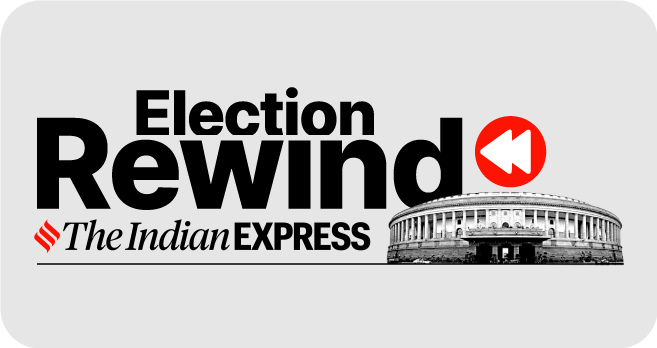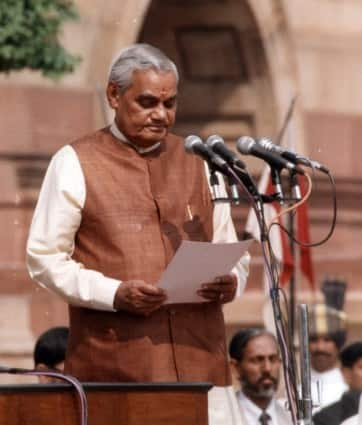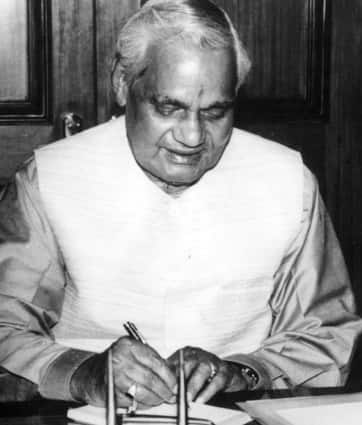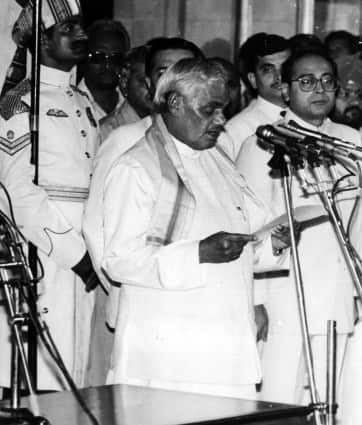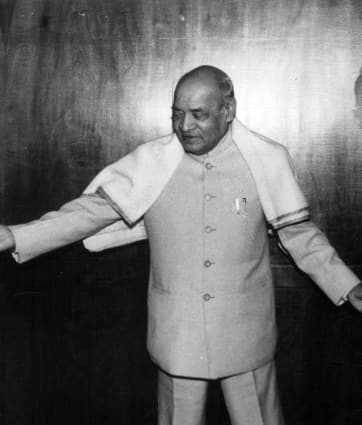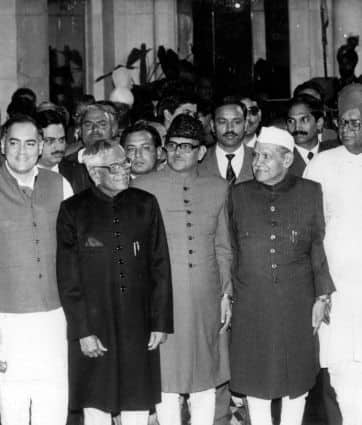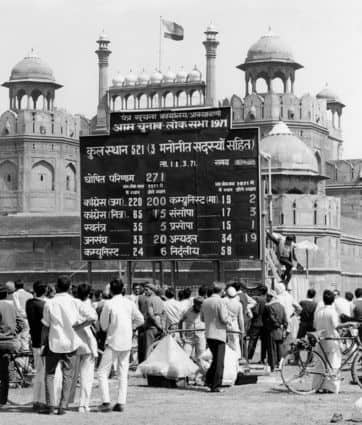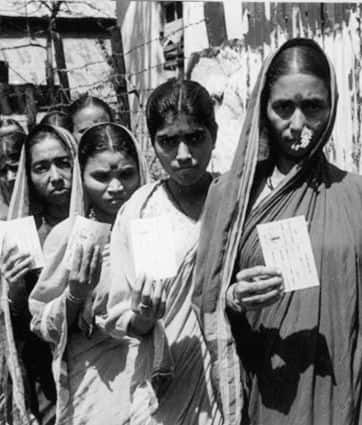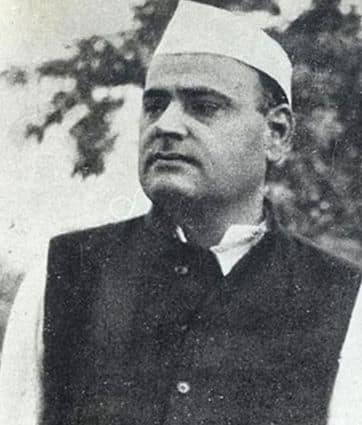
- When were the first elections held in India?
India’s first Lok Sabha elections were conducted over four months in 1951-52. The country had become independent on August 15, 1947, and had become a constitutional republic on January 26, 1950.
- Which party emerged victorious in the first elections?
The Indian National Congress, led by Jawaharlal Nehru, emerged victorious in the first general elections. Other parties in the race included the Socialist Party, with Jayaprakash Narayan as one of its leaders; Kisan Mazdoor Praja Party (KMPP) of J B Kripalani; Communist Party of India (CPI); Akhil Bharatiya Jana Sangh (BJS, the precursor of the BJP); Hindu Maha Sabha (HMS); Karpatri Maharaj’s Akhil Bharatiya Ram Rajya Parishad (RRP); and Tridib Choudhuri’s Revolutionary Socialist Party (RSP).
- How many elections have been held in India since Independence?
A total of 17 Lok Sabha polls have been held in India since Independence, making the ongoing general elections the 18th one.
- Who administered elections in India before the Election Commission?
In 1920, the elections to the National Legislature were held in accordance with the Government of India Act, 1919. This law, and the rules made under it specified the qualifications for voting and contesting elections, and the mechanism for preparing the electoral roll.
